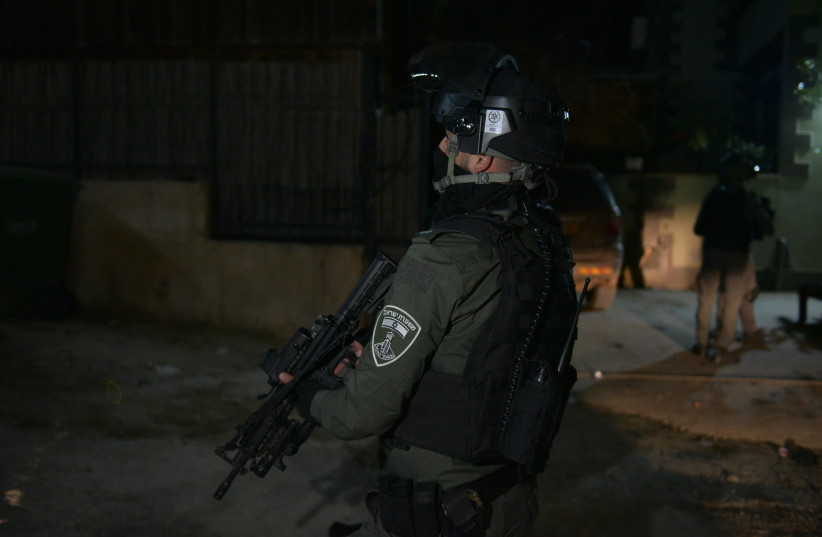Many Israelis seeing the escalation of violence this month in which 11 people were randomly murdered – the highest weekly toll since the Second Intifada two decades ago – are feeling that it marks the beginning of a Third Intifada.
“My friends are afraid to go to the gym or the mall and take public transportation,” said a Tel Aviv University student. “Attacks on buses are historically not a far-fetched concept. It’s scarier when we’re talking about premeditated, organized attacks by Islamic State supporters here in Bnei Brak or Ramat Gan, minutes away from my home.”
One Holon resident in his 20s thought that “we ought to be more careful, especially when attacks are being perpetrated by Israeli-Arabs with blue passports, as happened in Beersheba and Hadera. I have to think twice before going out to Tel Aviv on a Friday night.”
A Tel Aviv resident in his 20s told me his parents canceled a planned visit to Jerusalem this week due to fears of being caught in an attack.
Every terror-supporting Arab-Israeli should have their citizenship revoked, several Israelis said, in what appears to be a growing consensus.

“But only if we gather enough intelligence proving it,” the Holon resident added. “It is problematic because there are gray areas, but at the end of the day, taking strong action against terror supporters can save lives.”
Others have already decided to take security into their own hands. A father in his 30s revealed he is one of the many Israelis who have filed a request for a license to carry firearms.
Visibly exasperated, the father said that Prime Minister Naftali Bennett’s government, “with Arab members, caused this to happen. It wouldn’t have happened with Bibi. These terrorists need to be put in gas chambers.”
He jokingly added that Israel “should get Vladimir Putin to put the Palestinians in their place.”
Other Israelis believe the search for a scapegoat is “useless.”
“Those who dislike the current government will blame the government, those who oppose the occupation will blame the occupation,” said one Israeli man. “It’s all meaningless.”
A new immigrant from Moldova, a mother of two, said what’s happening “feels like something new, a different style of terror. Especially when you hear of terror attacks being carried out with firearms instead of knives. You’re never safe, not even in your car, as we saw with one of Tuesday night’s victims.”
She, like many Israelis, feels the blame lies with the police who “had no problem surveilling Israelis who might be positive for COVID-19. How are they oblivious to organized terror attacks?
“And why now? What has caused this recent wave of terror, what do they want from us?” she said, as she held onto her toddler, gripping him more tightly as our conversation continued. “I’m not afraid to put my children in kindergarten or take them to the park. For now, it’s safe here in Holon. I would definitely feel less safe in crowded areas. But for now, I won’t let it stop me from conducting my life as usual.”
Another Israeli woman, strolling through a local Holon park with her granddaughter, said she feels the attacks are retaliation for Foreign Minister Yair Lapid’s Negev summit, which took place earlier this week with ministers from Abraham Accords nations, Egypt and the US. “It agitates [the Palestinians]. On the other hand, we don’t invest in their education, their infrastructure. It turns Palestinians resentful toward us.”
Another Tel Aviv resident said that “terror attacks can happen at any given moment,” and that she would feel safer if the security establishment “focused on preventing the next attack rather than what could have been done to prevent the previous attacks.”
Despite the anxiety, some Israeli residents say to keep calm and carry on with daily lives because, as one noted, “the terrorists win if we don’t.”
Another Tel Aviv student admitted that “there’s not much to be done at the individual level, because most terrorists probably don’t plan to commit the attacks... until they do. I can also die from COVID-19, from being run over... Terror attacks are a bit overstated because of the religious and nationalistic baggage that accompanies them.”
The student added that he’s not worried about a major escalation.
“Terror appears and then it’s suddenly gone, that’s why they call it a wave,” he said.
